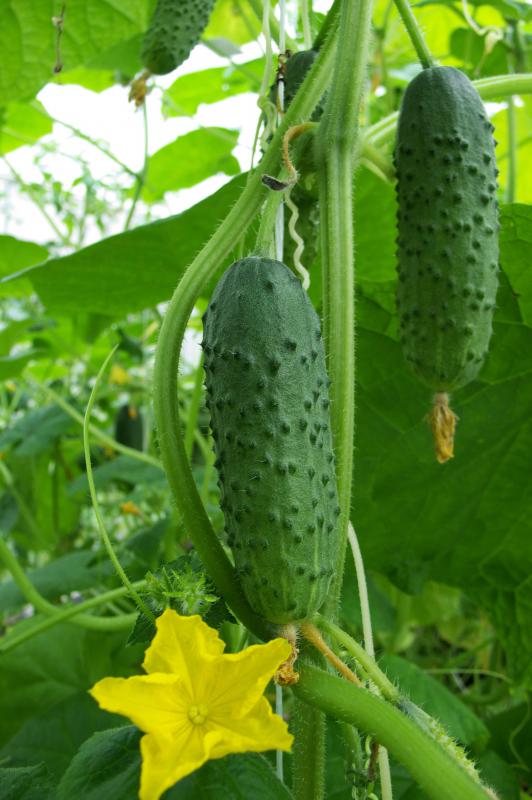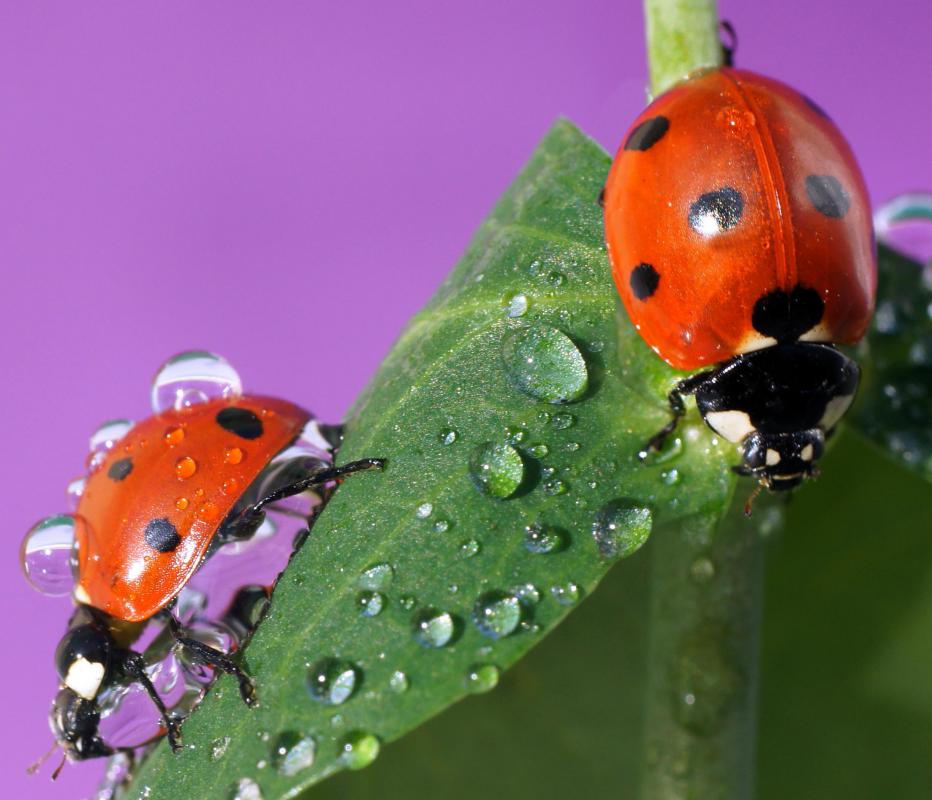At WiseGEEK, we're committed to delivering accurate, trustworthy information. Our expert-authored content is rigorously fact-checked and sourced from credible authorities. Discover how we uphold the highest standards in providing you with reliable knowledge.
How do I Plant an Organic Vegetable Garden?
Organic vegetable gardening is the oldest, most natural form of gardening in the world. It is what humans have been doing since the beginning of cultivated gardening. Organic gardening is cheap, easy, and healthy. There are no unsafe chemicals sprayed on the plants, as organic gardeners use alternative methods to control pests and encourage growth.
The layout of an organic vegetable garden may look a little unconventional. Instead of plants set in neat rows, with different vegetables separated from each other, an organic vegetable garden combines the plants all together. This is called polyculture. Polyculture naturally fertilizes the soil, and encourages good insects. This can improve the overall health of the crop without the use of chemicals.

Organic compost is a great way to improve the soil for your garden. Organic composts are a mixture of animal manure and rotting organic materials. By mixing this in to the available soil in your gardening area, plants will be able to grow faster and healthier. Soil mixed with organic compost also holds water better than regular soil, making care for your organic vegetable garden easier.

When planning an organic garden, it is best to start small. An organic vegetable garden can be grown in containers or raised beds. For people with more outdoor space, tilling out a small garden, with paths planned in, is an option. Make sure the soil is well drained and in an area that receives full sun, as most vegetable plants don’t grow well in shade.

Organic seeds and starting plants are available for starting an organic vegetable garden. Mix the plants in together when planting them. Corn, beans, squash, and potatoes can all be grown together. The vines from a bean plant can grow up the corn stalks, instead of up specially made trellises. Squash should be planted a few weeks after the other plants, to prevent the large squash leaves from blocking the sunlight from smaller plants. Waiting will give the smaller plants a chance to grow above where the leaves will be.

Organic gardens make use of beneficial insects. Growing a healthy level of fauna and having well prepared soil will naturally encourage these beneficial bugs. Maggots, aphids, and other pests that will harm the plants in an organic garden will be eaten by the beneficial insects. Some of these bugs, such as ladybugs, are available for ordering if they are not already in your garden. Building a pond near your organic garden, if you have the space available, will encourage frogs to move into the area. Frogs will eat a lot of the pests that the smaller insects may not get.

It is easy to plan and grow an organic vegetable garden, regardless of how much free space you have. Because there are no chemicals necessary, organic vegetable garden is cheap. There are many benefits of organic gardening, which are more than worth the small amount of special effort it takes to grow an organic garden.
AS FEATURED ON:
AS FEATURED ON:

















Discuss this Article
Post your comments